T4K3.news
Harlem Legionnaires outbreak alert
Three deaths and 90 illnesses linked to a Legionnaires outbreak in Harlem; authorities urge at-risk residents to seek care if symptoms arise.
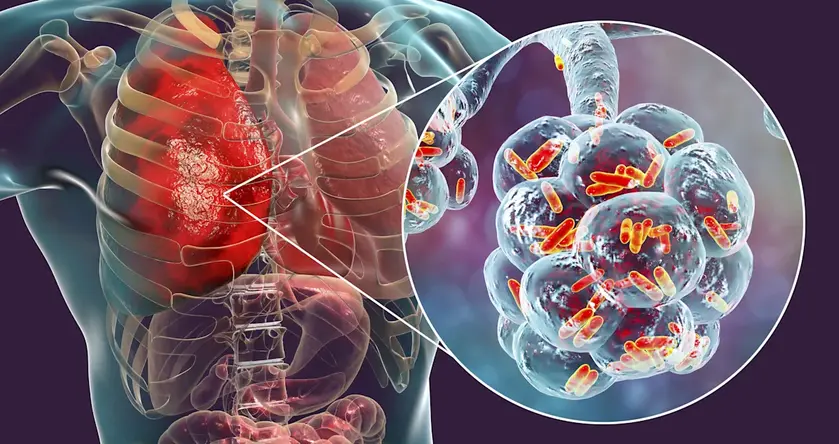
A Legionnaires disease cluster in Harlem has caused fatalities and dozens of illnesses, prompting questions about water system maintenance and public health response.
Harlem Legionnaires outbreak leaves 3 dead and 90 sick
Three people have died and at least 90 people have been sickened by Legionnaires disease in a cluster detected in central Harlem, New York City. The cluster was first identified on July 25, and health officials tested cooling towers in the area. Eleven towers tested positive for Legionella bacteria, and remediation of those towers has been completed. The affected ZIP codes are 10027, 10030, 10035, 10037 and 10039.
Legionnaires disease is a form of pneumonia caused by Legionella bacteria. People become sick by inhaling water vapor contaminated with the bacteria. It is not spread from person to person. Legionella can grow in man made water systems like cooling towers, showers, hot tubs, decorative fountains and large plumbing networks. Factors that help the bacteria thrive include biofilms, warm temperatures, insufficient disinfectant, and stagnant water. Symptoms usually appear two to 14 days after exposure and include fever, cough, headache, muscle aches and shortness of breath. Those at higher risk include people 50 and older, current or former smokers, and individuals with chronic health issues. Diagnosis relies on tests beyond a chest X-ray and treatment is with antibiotics, often requiring hospital care.
Key Takeaways
"Anyone in these ZIP codes with flu-like symptoms should contact a health care provider as soon as possible."
Advisory from acting health commissioner
"Legionnaires disease can be effectively treated if diagnosed early, but New Yorkers at higher risk, like adults 50 and older and those who smoke or have chronic lung conditions, should be especially mindful of their symptoms and seek care as soon as symptoms begin."
Direct quote from Dr. Michelle Morse
"Not transmitted from person to person."
CDC explanation of transmission
"Legionella bacteria can grow and spread in human-made water systems like cooling towers."
Cause of spread explanation
This outbreak highlights how urban infrastructure can become a public health concern. Cooling towers and other building water systems are everyday features of city life, yet failures or gaps in maintenance can translate into serious illness. The response so far shows a capable public health apparatus that can rapidly test, issue guidance and coordinate remediation, but it also underscores the ongoing need for routine upkeep and oversight in dense neighborhoods.
Looking ahead, the cluster may invite scrutiny of funding for building maintenance and regulatory oversight. Officials must balance clear, calm communication with urgency to protect residents and prevent panic. The real test lies in turning short term fixes into lasting improvements that keep water systems safe and communities confident.
Highlights
- Legionnaires disease is not spread from person to person
- Early diagnosis saves lives
- Cities must ensure cooling towers are safe and maintained
- Urban health depends on well kept water systems
Public health risk from urban water system disease cluster
The Harlem Legionnaires cluster raises questions about the resilience of city water systems and the pace of upkeep in dense neighborhoods. It also flags potential public reaction and budget questions as cities fund cooling tower inspections and remediation.
Public health work continues as authorities monitor the situation and work with property owners to prevent future cases.
Enjoyed this? Let your friends know!
Related News
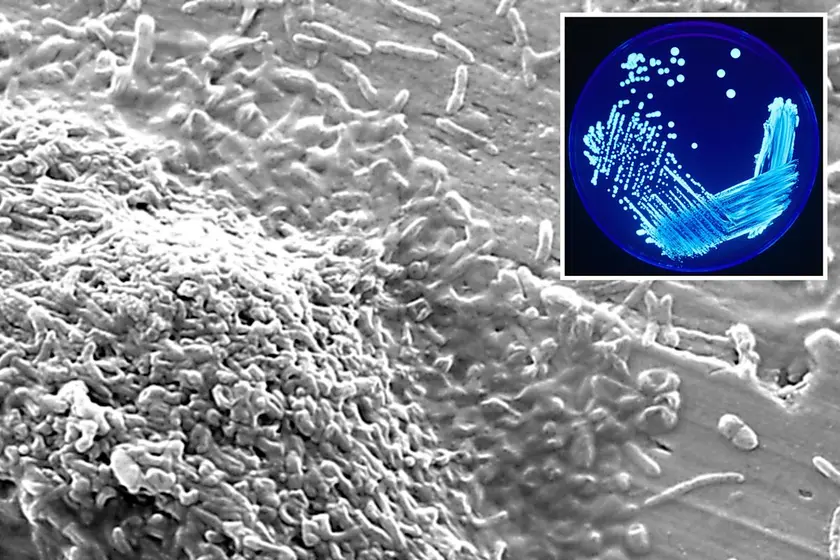
Legionnaire’s disease cases confirmed in Harlem
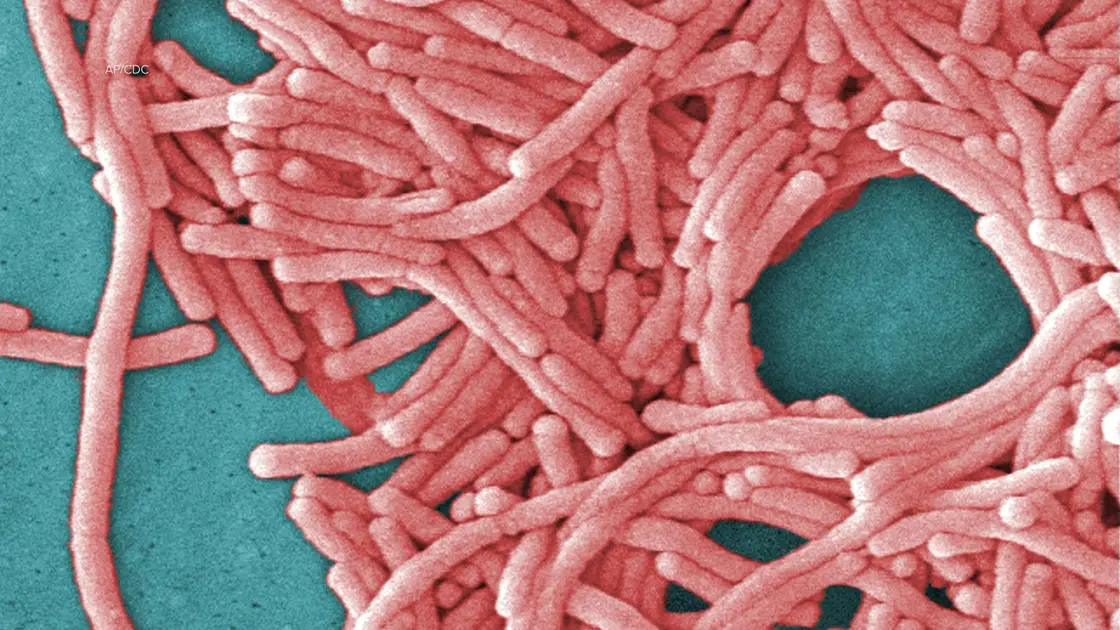
Two dead from Harlem Legionnaires' disease outbreak

Legionnaires’ disease outbreak in Harlem
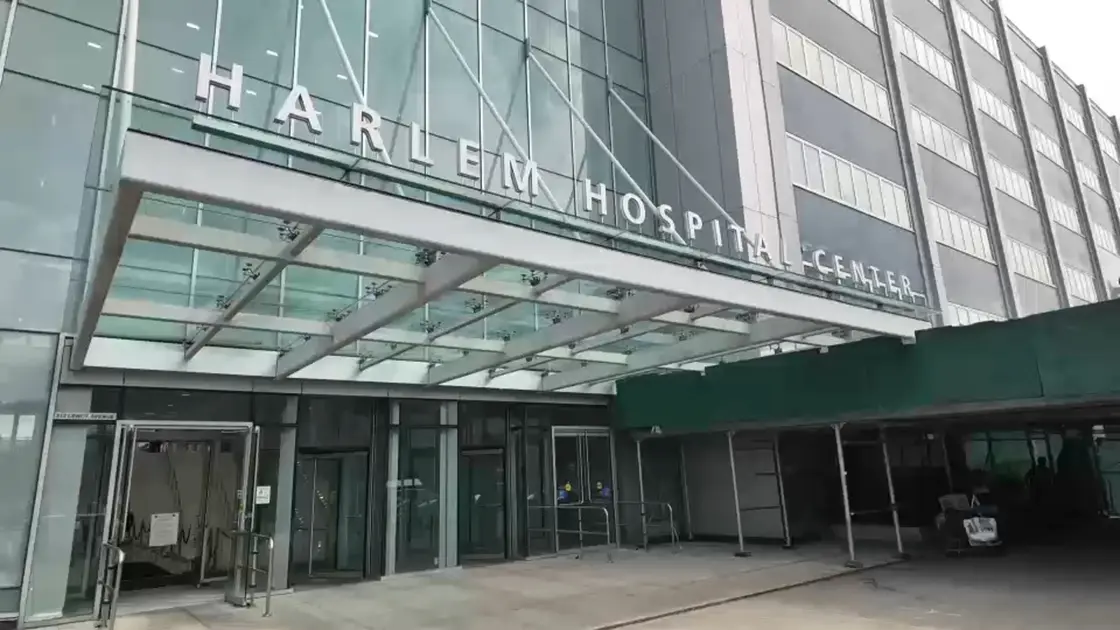
Harlem Legionnaires Update
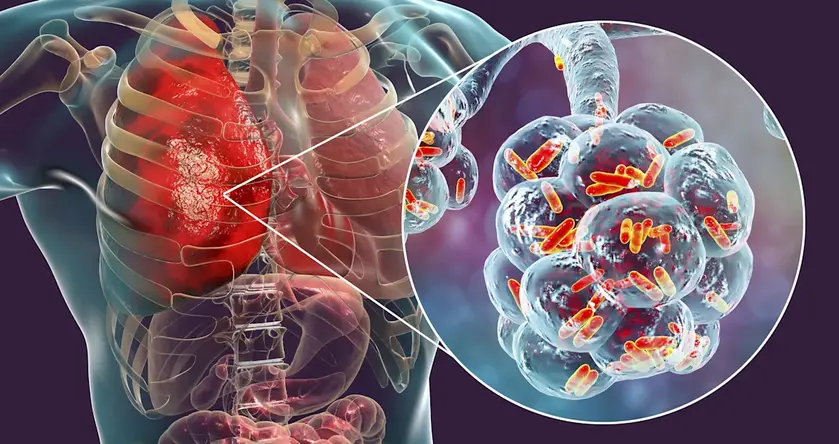
Legionnaires’ disease outbreak in Harlem causes fatalities

Legionnaires' disease cluster impacts NYC residents

Measles signal detected in Nevada wastewater
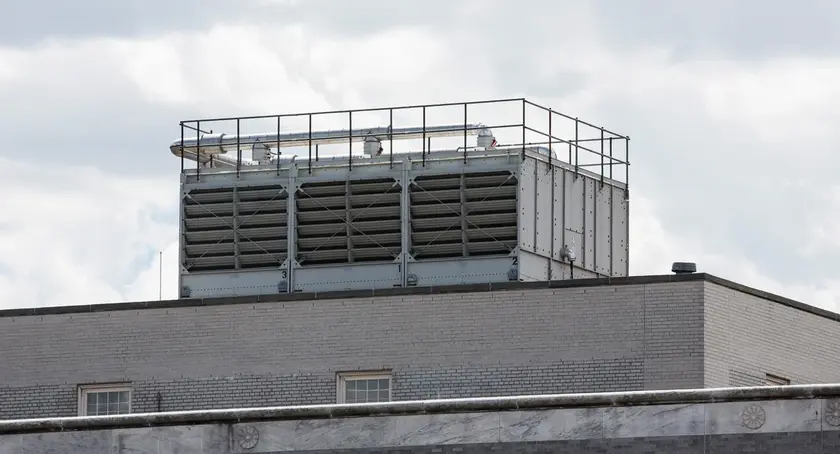
Second death reported in Harlem Legionnaires' outbreak
